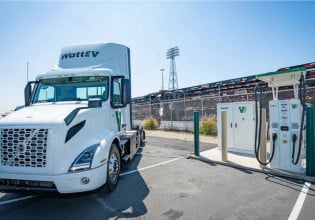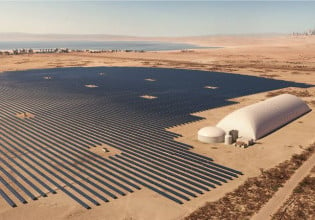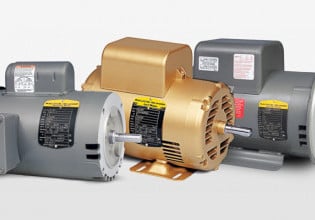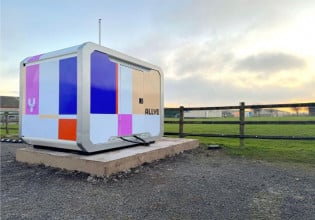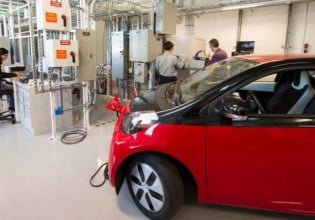Indy Power Announces New Technology To Improve Cost Efficiency Of Hybrid & Electric Vehicles
Indy Power Systems announced that it has made a technological discovery that could reduce the cost and improve the efficiency of hybrid and electric vehicles. The company states that its Multi-Flex™ energy management system could potentially reduce the cost of batteries – the most expensive component in electric cars – by more than 50% per vehicle according to internal company tests that combined power from lithium-ion batteries and lead-acid batteries. The system’s hardware platform uses embedded software that manages the flow of energy between multiple types of power units – including different types of rechargeable batteries and fuel cells – and optimizes the price and performance characteristics of each.
"Savings could well exceed $10,000 per highway vehicle given price and performance characteristics of batteries today," said Steve Tolen, President and CEO of Indy Power Systems, a Purdue Research Park company.
The system can combine power units of different voltages to meet a consumer’s cost and performance needs. It also allows for future power unit upgrades using the existing hardware.
"If a consumer starts with low-cost lead-acid batteries and then wishes to add lithium-ion batteries to the system, it is possible to do that," Tolen said. "If a consumer wants to add more lithium-ion batteries, they can be added. And if a new energy storage technology emerges, it can be added with only a software upgrade. It is clear from the 2009 North American International Auto Show in Detroit that automakers want to develop more electric vehicles. By shifting to electric propulsion, companies like Indy Power Systems could become leaders in the emerging electric propulsion market, This will mean new industries and new jobs just as the development of the computer microchip led to the development of a new industry and brought with it new jobs."
Indy Power Systems’ technology has been demonstrated in golf carts, and company officials are upscaling it to power a highway electric vehicle. They are also in discussions with a plug-in hybrid vehicle manufacturer and a battery electric vehicle manufacturer for further development.


